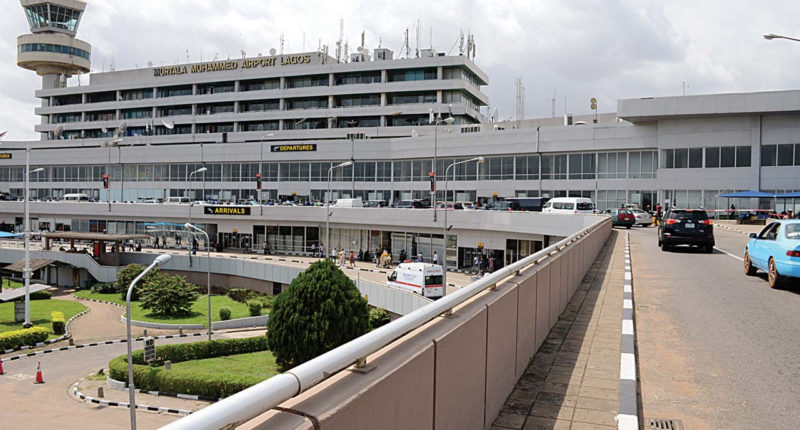Due to the rise in the cost of aviation fuel, also known as Jet A1, passengers are choosing not to fly, while businesses, organizations, and associations are switching to virtual meetings rather than in-person ones.
Why this is happening
A return ticket from Lagos to Abuja now costs more than N250,000, while a ticket from Lagos to Kano costs between N200,000 and N300,000, depending on the airline and the time of purchase.
As of Wednesday, Jet A1 has surpassed N903 per litre in several areas in the country’s north, making air travel very expensive and out of the reach of the middle class. Leading airline operator claims that in Kano, Jet A1 sold for N880 per litre whereas it cost N780 in Abuja and N740 in Lagos. At Terminal 2 of Lagos’ Muritala Muhammed Airport (MMA2), it was learned that the number of flights arriving and departing had slowed down.
Additionally, arrivals decreased from 225 in July to 140 in August, confirming the concerns of those involved in aviation about a decline in flights owing to the high cost of tickets, which was affected by increases in aviation fuel, foreign exchange, and other operating costs.
According to airline operators, the increase in the price of Jet-A1 has completely depleted their profit, making both their profitability and the number of passengers looking for alternatives to flying very low.
The matter
Fuel now makes up 70% of airline operational costs, up from 40% before the world energy crisis due to the increase in Jet A1’s price.
Additionally, between January 2022 and April 2022, the price of aviation fuel increased by 268%, ranging from N190 to between N750 and N900 in six months. As a result, domestic Nigerian airline carriers have threatened to halt operations, citing rising jet fuel prices and rising operating costs.
Stakeholders expressed concern that the aviation sector would shut down in the coming years if the rise in price, the cost of aviation fuel, and the high exchange rate are not curbed.
The Obvious Effect
Commercial airline operators have begun reducing schedules, according to Olumide Ohunayo, director of research at Zenith Travel Consult, because the country’s airports are barren and being deserted by passengers as a result of price increases.
He asserts that travellers have also responded to cost increases and reduced air travel by embracing technology or using alternative modes of transportation.
“Patronage is a little low right now because ticket prices aren’t going down,” he claimed. It is becoming worse every day since aviation fuel costs approximately N903 per litre, it’s summer, sanctions from the Russia-Ukraine crisis that caused to fuel shortages haven’t been lifted, and there’s no sign that the naira’s exchange rate to the dollar will ever go down.

